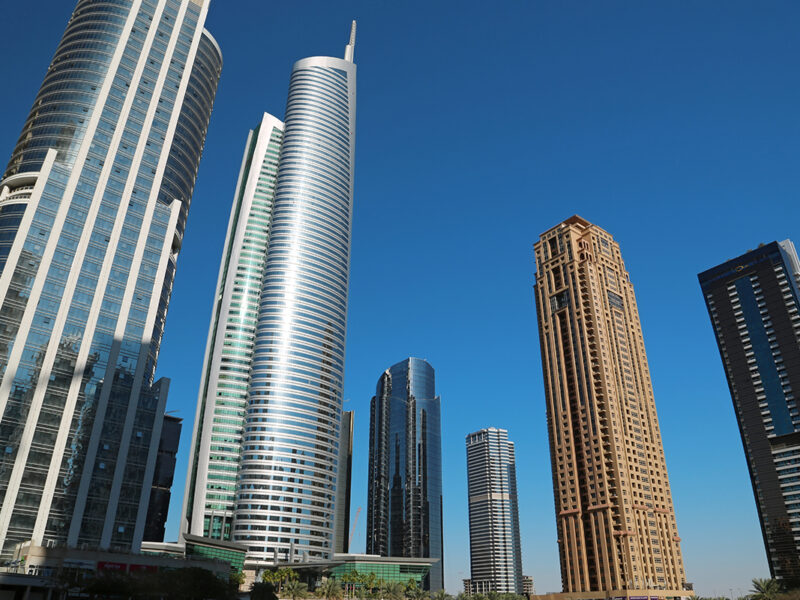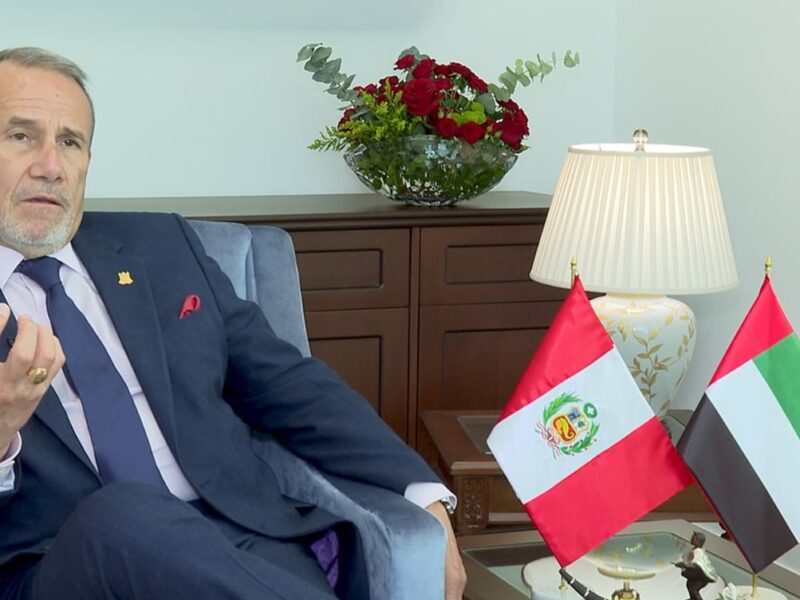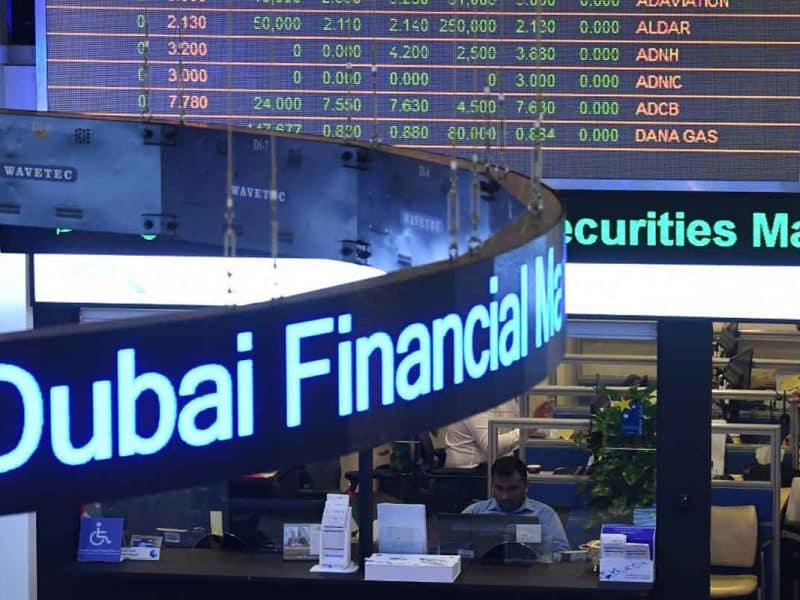The Saudi central bank will boost its deposits at banks if the need for such support arises to offset the impact of the global credit crunch on access to foreign financing, Finance Minister Ibrahim Al Assaf said.
“There is a parallel effort … in increasing the deposits with local banks to enable them to also lend to development projects in the kingdom”, Assaf told Al Arabiya television.
“The problem is with foreign borrowings, there is a challenge, the problem is not with the kingdom’s economy, but with international financial institutions,” Assaf said.
Earlier this week, the state-controlled Public Investment Fund (PIF) announced measures to increase its financing support for projects in the world’s largest oil exporter amid the global liquidity crunch.
PIF’s measures follow steps taken by the central bank to unlock more liquidity in a country where the fortunes of the private sector depend heavily on government spending, itself subject to oil price fluctuations.
The central bank, Saudi Arabian Monetary Agency (SAMA), has reduced its benchmark repurchase rate five times since October to 2 percent from 5.5 percent to push down the interbank lending rate and pumped $3 billion into Saudi banks’ deposits in October, the first direct injection of U.S. dollars in a decade.
“We have already done something like this, increasing deposits. There is coordination between the ministry and SAMA to increase them whenever the need for them arises,” Assaf added.
John Sfakianakis, chief economist at SABB bank, said propping up banks’ deposits by injecting government money was part of counter-cyclical fiscal measures the government announced for this year’s budget.
“It is the right policy direction at a time when lending demand surpasses the … growth of deposits”, he said.
Gulf Arab states that were struggling to keep decades-high inflation in check just months ago are now striving to avoid recession as the oil price slump dims economic growth prospects and tight credit markets discourage corporate borrowing. (Reuters)







